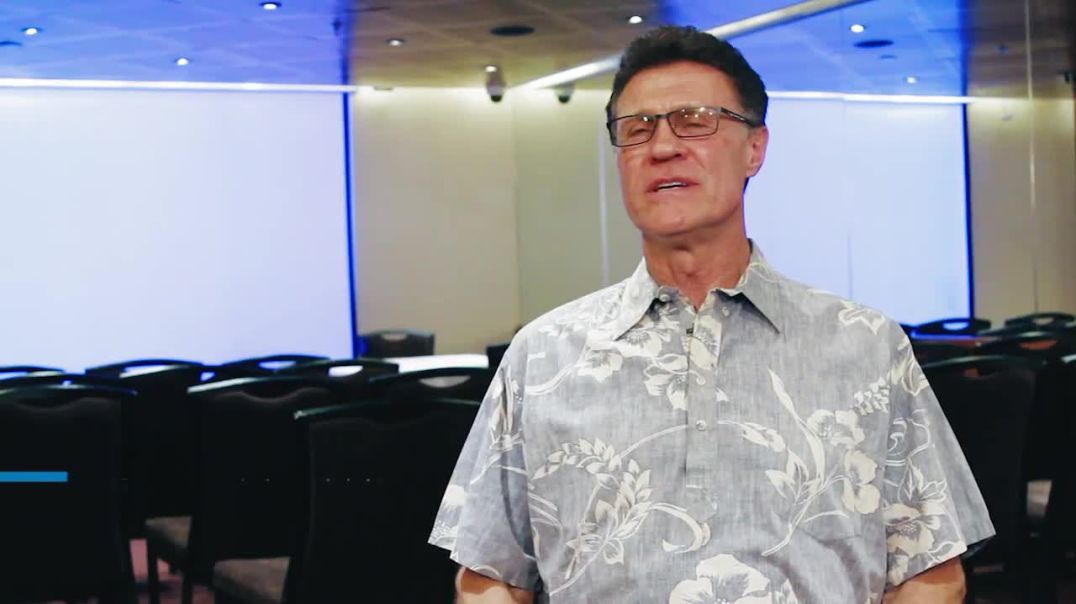3 Views· 12 November 2022
Phrasal Verbs for TRAVEL:
Want to learn some extremely common verbs for traveling? You've come to the right place. They say traveling is the school of life. It is also a great opportunity to improve your English! In this video, I will teach you common phrasal verbs that we use when talking about traveling. But first, I will explain what phrasal verbs are and show you their importance in conversational English. We will look at how to correctly use "drop off", "see off", "take off", "get in", "check in", and more. Join me, and get ready for a big trip to improve both your life and your English!
TAKE THE QUIZ: http://www.engvid.com/phrasal-....verbs-for-travel-dro
TRANSCRIPT
Hello. My name is Emma, and in today's video I'm going to talk about something I love, and that is travel. So, if you like travelling too, if you're planning on going on a vacation, or if you know somebody who's travelling, this video will be very, very helpful to you. In this video I'm going to teach you some very important verbs. They're all phrasal verbs, and I'll explain what a phrasal verb is in a moment. So, these are all verbs that we use when we're talking about travel. Okay.
So, to get started, I wanted to tell you a little bit about phrasal verbs. What is a phrasal verb? One of the difficulties students have with English are verbs where you have a verb and a preposition. So, when you see a verb and a preposition together, that's a phrasal verb. Now, you might be thinking: "What's a preposition?" Good question. I'm going to give you an example. We have here four words, each of these is a phrasal verb. They all have the verb "get": "get in", "get up", "get on", "get over", and there's many more, "get away". There's tons of them. Each of these actually can have multiple meanings, too. So, one of the most difficult parts about English is learning phrasal verbs, because this, the blue part is the preposition, it can change the meaning of the verb. Okay? So, prepositions are words like: "on", "off", "up", "down", "toward", "over", "away", these types of words are prepositions. So, you'll notice with phrasal verbs, they're very, very common in conversation. They're... You can write them down, too, but in general, when people talk they often use phrasal verbs. Okay? So, they're very, very important, especially when you're talking about going on a trip with your friends or family.
So let's look at some of the common phrasal verbs we use when we're talking about trips. The first verb I want to teach you: "Drop off". Okay? So: "drop" is the verb, "off" is the preposition, together: "drop off" is a phrasal verb. What does this mean: "drop off"? When you "drop someone off" it means you're taking them to a place and then you leave them there. So, for example, maybe your friend needs to go to the airport, so you drive them to the airport and you drop them off at the airport. This means you take them there and you leave them in that place. Okay? So they don't come home with you; they stay there. So, for example, I have a friend named Frank, and when Frank goes travelling: "We drop Frank off at the airport." So, we drive Frank to the airport, he has all his luggage, his suitcases, and then we say to Frank: "Goodbye, Frank, you know, have a nice trip." We drop Frank off at the airport. You can also use "drop off" in a lot of other situations. For example, when you were a child maybe your parents, your mom or your dad, or maybe your grandparents dropped you off at school. This means that they took you to school, and then once you got to school, they would say goodbye to you and they would leave. So: "drop off" means you take someone to a place, and then you leave them there. You'll also notice... So, I have here the verb and the preposition. "Frank" is a name of a person and it's in the middle of "drop" and "off". Okay? So, these two are not together. We drop somebody off at the airport. Okay? So, sometimes with phrasal verbs... For some phrasal verbs you actually separate them, and you can put the names of somebody between them; for other ones you can't do that. For this one: "drop off", you put the name between the two... Between the verb and the preposition.
So, now let's look at another example of a common phrasal verb. "See off". Okay? So, again, we have "off" in both of these. "See off" is when... It's similar to "drop off", but it's a little bit different. Sometimes your family or your friends are going away for a long time, maybe they're going on a vacation or a trip, so you want to "see them off". It means you want to say goodbye to them at the airport, at the train station, maybe at their house. So, it's that goodbye you say before somebody goes off on a vacation. Okay? So, for example: "We see Frank off." Frank is going to Australia, so we go to the airport because we want to say goodbye to Frank, so: "We see Frank off" is another way to say: "We say goodbye to Frank when he goes on his trip."



























0 Comments